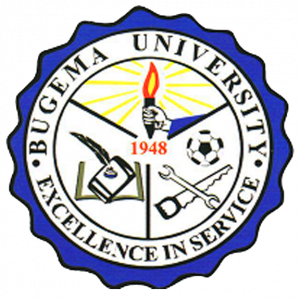Medical Biochemistry is the
area of general pathology that performs analyses on human specimens such as
blood plasma and serum, urine, cerebrospinal fluid, serous fluids and tissue
biopsies. The course describes common tests used to assist with the diagnosis
and treatment of human diseases. In addition, the course also provides a broad
overview of the principles of medical genetics and human molecular genetics.
Emphasis in this course is put on the following topics; Basic principles &
Practices in the medical biochemistry laboratory, human specimen collection for
diagnostic testing in clinical chemistry, analytical procedures in medical
biochemistry, biochemistry disorders of carbohydrate, lipid, amino acid and
protein metabolism, common analysis for assessment of human organ system
functions, diagnosis of renal, cardiac, and liver functions, and analytical
techniques such as immune assay, gas analysis,
electrophoresis, blood pH and spectrophotometry. The course also covers
other concepts of medical genetics such as; Meiosis, homologous recombination,
resolution of Holiday structures, illegitimate recombination. Genetic disease
patterns, autosomal dominant, recessive, X-linked, penetrance, polygenic,
genetic imprinting. Population genetics, polymorphism/genetic variation,
Hardy-Weinberg equilibrium, factors affecting allele frequencies. Quantitative
traits, twin studies, heritability. Cytogenetics analysis, chromosome
abnormalities and related studies. Molecular markers, RFLPs, VNTRs and
micro-satellites, DNA fingerprinting. Basis of genetic mapping and positional
cloning. Genetic association studies. Cancer genetics. Production of mouse
mutants. Human gene therapy.
- Teacher: Fortunate Ahumuza
- Semester One 2023-2024: Tsongo Biloko
- Semester One 2023-2024: Steven Wagota

